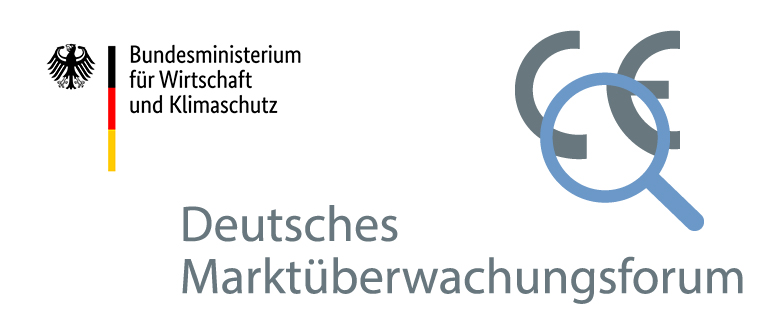Publication of security of supply monitoring
Year of issue 2025
Date of issue 2025.09.03
The German federal government has today adopted the Bundesnetzagentur’s report on the status and development of security of supply in the electricity sector. The monitoring analyses developments in the electricity system up to 2035.
"The electricity supply will remain secure in future if additional controllable capacity is built. Our monitoring underlines the significance of the Power Station Strategy planned by the federal government. The additional necessary capacity should be provided via a capacity mechanism. It is also important for more and more electricity consumers to respond flexibly to electricity prices,"
said Klaus Müller, President of the Bundesnetzagentur.
The report examines two scenarios:
- one target scenario assumes that the legal and political objectives are reached,
- while a "delayed energy transition" scenario looks at how, for example, a slower rollout of renewables and less demand flexibility affects security of supply.
Germany’s electricity supply is secure if up to 22.4 gigawatts (target scenario) or up to 35.5 GW (delayed energy transition scenario) of additional controllable capacity are installed by 2035. These are gross figures and refer to added capacity without taking account of decommissioning of older plants.
A comparison of the two scenarios reveals that, in particular, if electricity consumption does not become more flexible or if this flexibilisation is delayed, there may be a greater need for additional controllable capacity, such as power plants. Delays in the addition of generating installations, especially of renewable generation, could also lead to a situation in which the electricity market is not able to fully meet demand. In such situations, additional reserves would have to be deployed outside the electricity market for security of supply. As there has so far not been enough investment in controllable capacity, it is important to support the expansion. The Bundesnetzagentur backs the federal government’s planned legal framework for additional power stations that are to be installed by 2030.
The necessary increase in capacity generally corresponds to the results of the monitoring of security of supply in 2022. That increase was put at 17-21 GW by 2030.
Realising the flexibility potential of new consumers, such as heat pumps, storage facilities, electric cars and electrolysers/power-to-gas units, and industrial load flexibility make a major contribution to security of supply. It is essential to create the infrastructure and market conditions necessary to make use of the potential flexibility of these consumers. The installation of suitable metering systems is needed to exploit the flexibility of household heat pumps and electric vehicles.
Storage will play an increasingly central role. Even today, battery storage, in particular, can be refinanced on the electricity market, as shown by the current dynamic expansion. In certain market situations, storage facilities can reduce the need for additional power plant capacity.
The scenarios examined indicate that the swift expansion of wind and solar power is not only important for climate targets; delays affect security of supply as well. Yet the more electricity is generated from renewable power sources, the more important and profitable storage facilities and demand flexibility will become as well.
The monitoring confirms that the volumes of energy that have to be transported will continue to rise in the coming years. Further, rapid network expansion is needed to accommodate these changes. The results also show that redispatch measures will still be necessary in the years ahead.
The report has been published on the BMWE website (in German): Versorgungssicherheit Strom Bericht 2025



